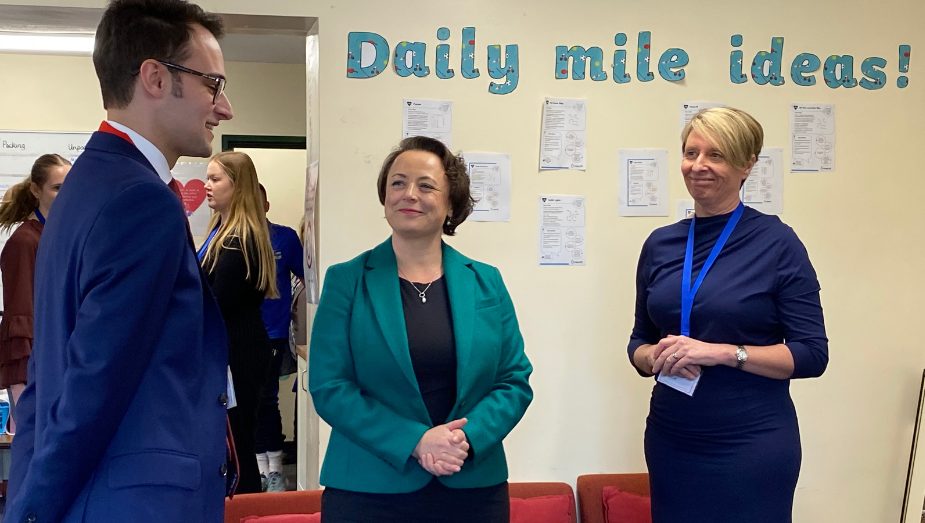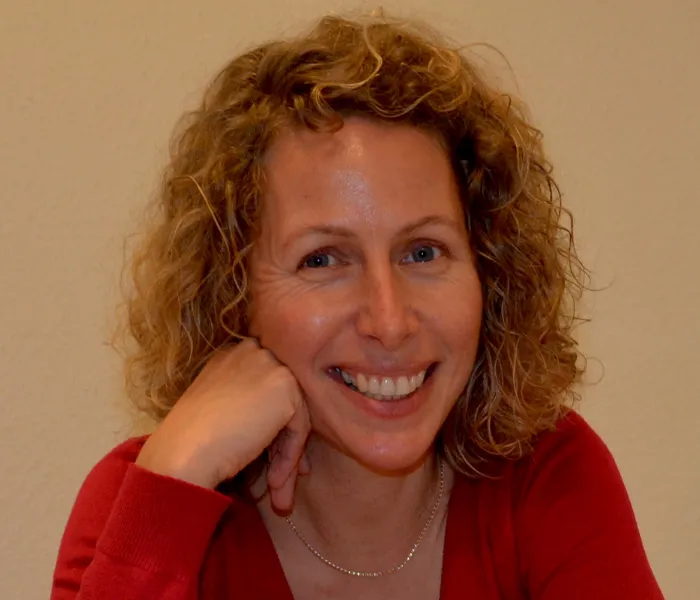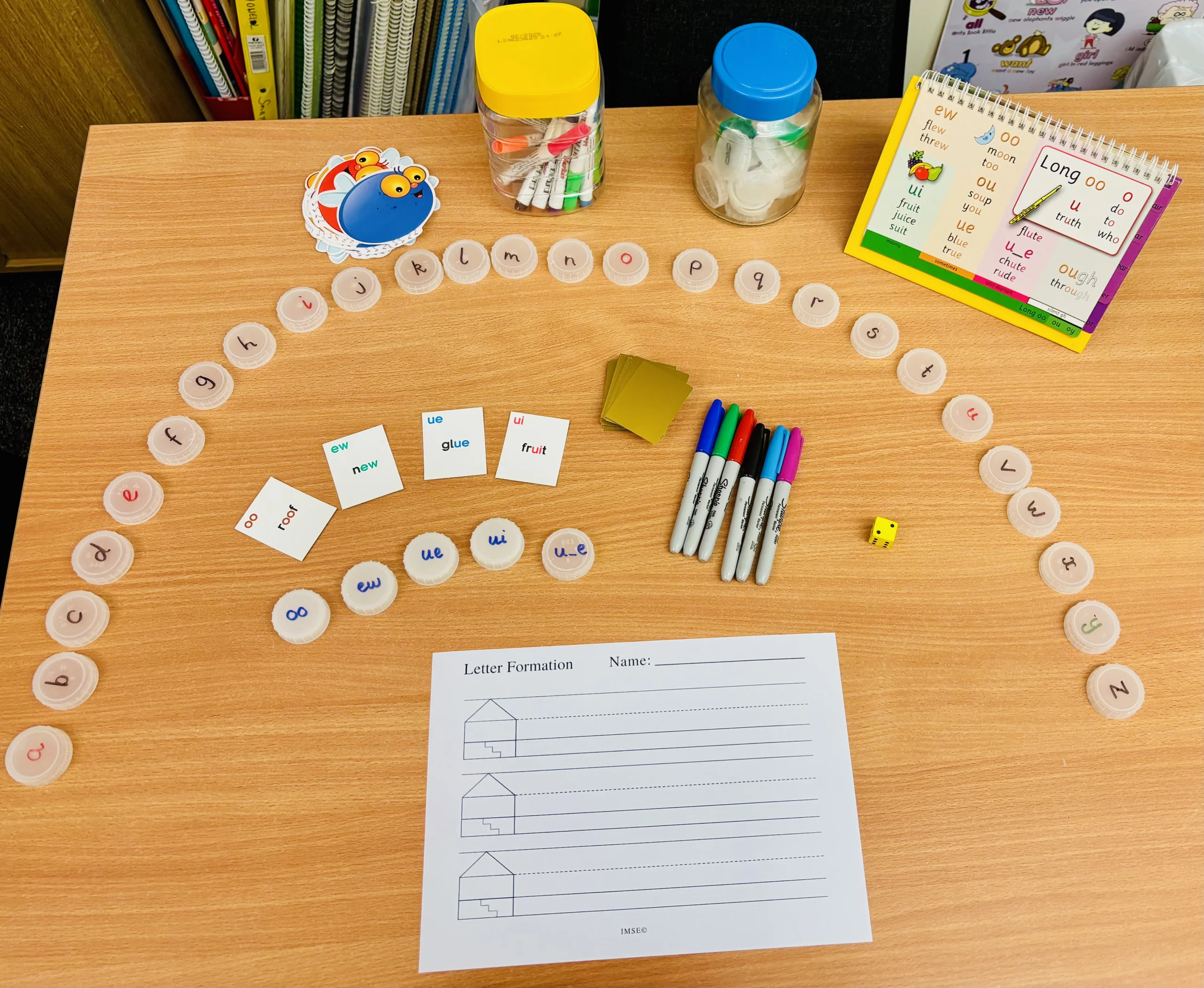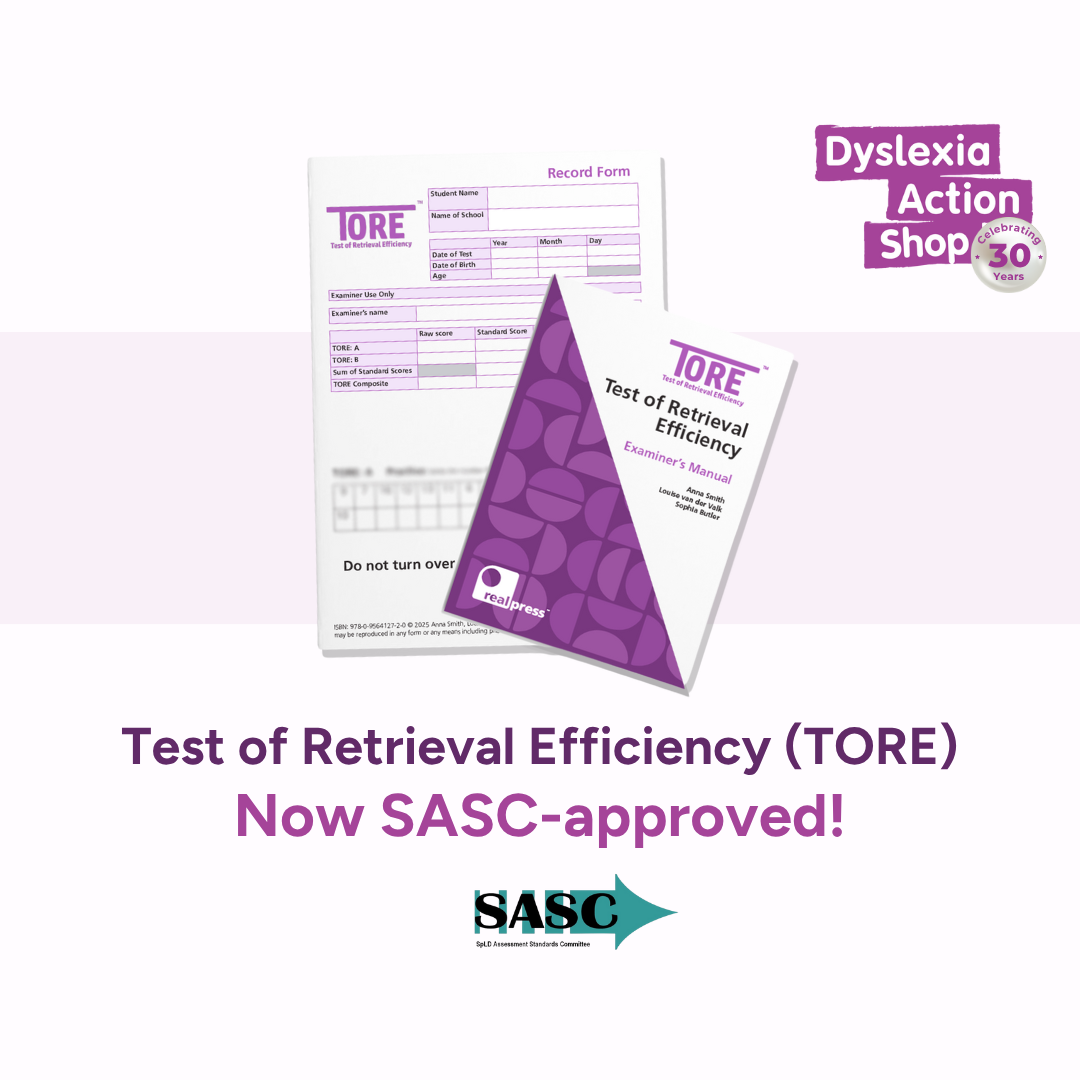Admin |
June 23, 2021
Dorthe Kronborg Allen – SEND Programme
Dorthe Allen currently works as an SEN consultant in a variety of international schools all over the world. When asked what her special interest areas are in relation Dorthe says, “Autism and the neurological/cognitive function of those on the spectrum.”
Having studied both the Autism Spectrum Conditions and Speech, Language and Communication Needs modules with us at Real Training, we wanted to know how Dorthe got on and what her plans are for the future.
What made you choose the Real Training courses over other options?
I like that it is created for professionals working in the education system and that it is fully online. The range of modules on offer and the ability to study the specific areas that I am most interested in also influenced my decision to study with Real Training.
Having worked in education for the past 22 years I know which areas I need to expand on. This also meant I avoided having to “go through the motions” of completing units that I am already an expert in. During my search for a provider, I failed to find any others whose programmes were so well geared to people like me, whilst also offering a university-accredited MA course.
What was your experience of learning with Real Training?
My tutors have been great, always providing useful and thoughtful advice as well as consistent support. I am quite an independent learner myself and I found my tutors to be very understanding and respectful of this. I have enjoyed the EBSCO access, assignments and course resources that were available. They were always relevant and provided me with a good springboard for further research and questioning.
Even though the course is online there is flexibility to combine your own study style with the Campus Online requirements. I prefer to keep notes on paper and this was encouraged by my tutors, I was not asked to transfer these to electronic versions which I appreciated. As a busy SEN consultant with a workload that includes training teachers, writing articles and assisting schools to develop their SEN policies it is important for modules to compliment my work. This is exactly what I felt the Real Training courses did.
How have the courses helped make an impact at school?
Previously, I had been the sole inclusion teacher for an international school with an SEN register of over 80 students. My time on the course helped with provision planning, more effective IEP wording and developing better policy implementation processes. This was done by developing my understanding of the international school’s SEN arena with regard to the provision of both internal and external support.
I consistently used the skills I gained in provision mapping and understanding of screeners and assessments available for a range of SEN. Including effective use of teacher and parent surveys for flagging learners with ASD and formalising the diagnosis process. I was able to evaluate the school’s procedures using the course resources and knowing where to look for extra resources to address particular needs.
How have the courses helped develop you as an educational professional and what do you hope to achieve with the new knowledge/skills in the future?
I came to Real Training with a substantial knowledge of differentiation and SEN teaching strategies gained in my 22 years as a teacher of Drama, EAL and SEN. The courses have been most valuable in cementing my existing knowledge within the official setting of SEN provision. Essentially, I have gained a greater understanding of the following;
- Connections between school policy and provision
- Practice in identifying, adapting and using a variety of standards and frameworks for improved SEN provision
- SLCN and the rising prevalence of this particular needs
I have thoroughly enjoyed the reflection and critical analysis of my own practice, required by the course. I have also been able to clarify the professional direction I would like to take. As a result of my studies, I have seen instant growth in my consulting business due to having a faster and more efficient way of working, thanks to a broader range of resources that I developed during my studies. I plan to graduate at a Masters level and then start a PhD with a specialisation in ASD next year.






What do you think?